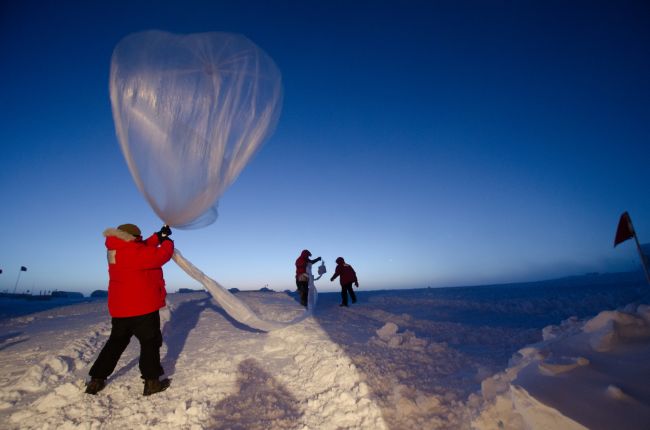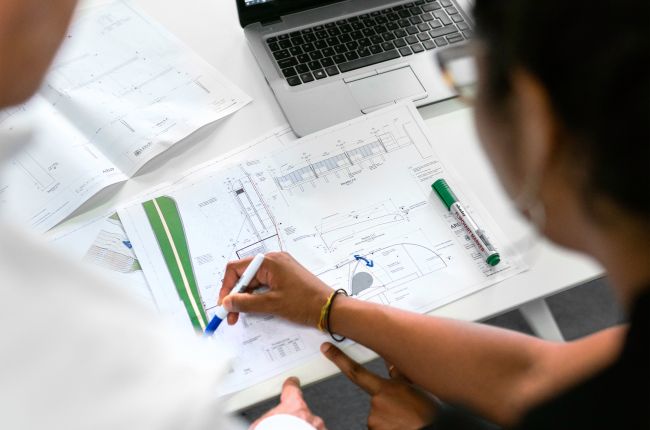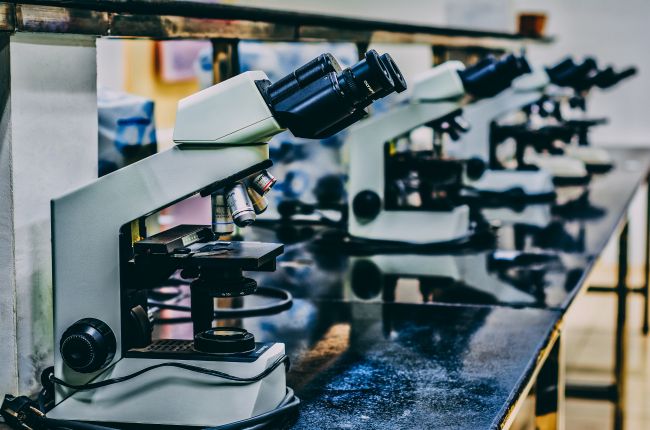Training and Retaining a Diverse and Robust Workforce
The need for trained geoscientists in the workforce increases along with the expansion of the population and economy as society occupies a wider footprint of our planet. Geoscientists help society understand Earth’s processes and recognize resources, hazards, and environmental issues so that communities can respond to these needs and events. Geoscientists have vital roles in identifying and characterizing mineral and energy deposits and providing essential information for efficient resource extraction and sustainable development of resources and effective environmental stewardship. Demand for geoscientists continues to grow within the United States and worldwide, yet increasing numbers of U.S. geoscientists are retiring from the workforce. AGI estimates a shortage of 90,000 geoscientists within the U.S. in the next decade. All of this indicates a need to grow the American geoscience workforce to foster a robust domestic economy.
Resources need to be invested to educate geoscientists in a variety of societally relevant specializations. The Nation's schools, colleges, and universities must be ready to educate and train the next generation of geoscientists by fostering inclusive and accessible learning environments able to prepare students from all backgrounds. For America to maintain a competent and diverse workforce, companies and professional organizations require resources to develop and educate existing and future geoscientists.
To develop a knowledgeable, experienced, and innovative geoscience workforce, we need to:
Improve the resiliency and flexibility of the geoscience workforce by increasing representation of diverse viewpoints and fostering a safe and inclusive work culture.
Like most sciences, the geosciences have been historically represented by white, male, and non-disabled persons and the geosciences remain one of the least diverse areas of science. By encouraging people from traditionally underrepresented backgrounds to pursue geoscience and fostering a culture and operational approaches that removes barriers to inclusion and success, the geoscience workforce is able to tap the best and brightest by becoming more diverse and thus better able to solve the increasingly complex problems facing society.
Sustain and grow programs to educate a diverse group of students in science, technology, engineering, and math (STEM).
Geoscience educators at all levels ensure that students across the U.S. have opportunities to learn about the Earth and its processes. They recruit, teach, and mentor talented students— especially those from backgrounds traditionally underrepresented in the geosciences— and encourage them to pursue careers in the field.
Support federal investments in basic and applied geoscience research.
Federally-funded research is critical to scientific discovery and provides essential educational and training opportunities for students pursuing geoscience careers.
Increase community engagement and participation in the geosciences.
Applied and basic research, monitoring, and citizen-science projects enhance opportunities for public education and improve engagement in geoscience for people of all ages and backgrounds. Engaging the public early and often improves recruitment and retention of diverse professionals in geoscience fields.
Encourage partnerships between industry, government, and academia.
Private-sector research and development is essential to maintaining America’s globally competitive, knowledge-driven economy. Institutionalized partnerships between government, industry, and higher education, such as the USGS’ EDMAP program, are necessary to foster innovation and facilitate the research, development, and implementation of best management practices and new technologies. These partnerships strengthen the U.S. economy while providing extensive opportunities for students entering the workforce and professional development opportunities for the existing workforce.






